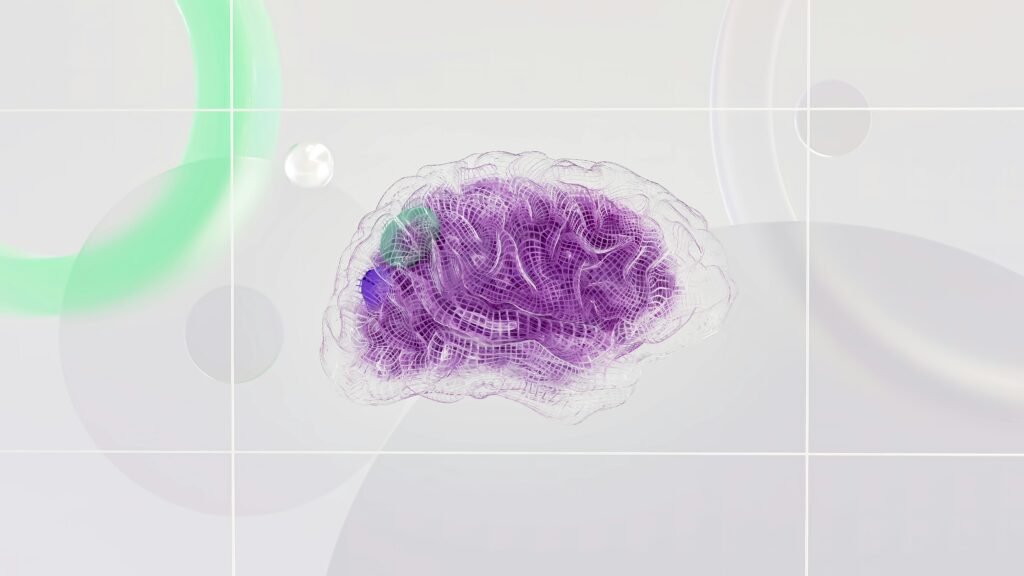Dissociative identity disorder (DID) is a mental health condition in which an individual identifies as many different personalities. These personalities are called “alters.” Alters can have many different characteristics, and often don’t have anything in common with their “host” or “apparently normal parts” (ANP). An individual will have anything between two and 100 different alters. One of the most proven treatment methods for DID is cognitive behavioral therapy (CBT).
Understanding DID
DID is typically the result of severe trauma, often stemming from experiences involving a parent, guardian, family member, or friend. However, the trauma can also be inflicted by a stranger. This trauma leads to the formation of multiple distinct personalities, or “alters,” within an individual. These alters serve as the brain’s way of coping with or processing the trauma. In most cases, the trauma that causes DID originates in childhood.
Each alter has unique traits and can function independently from the others. Together, the alters form a complete picture of an individual’s personality. While alters generally develop during childhood, in some cases, they may emerge in adulthood. Additionally, people with DID may refer to their alters as either parts of themselves or as separate individuals. Alters can vary in name, voice, age, gender, opinions, and how they perceive and interpret the world around them.
Common Types of Alters
There are some types of alters that are more common than others. The most common ones seen are:
- Apparently Normal Parts (ANP)/Host
- Child alter
- Internal Self Helper (ISH)
- Introject
- Opposite-sex alter
- Persecutor
- Protector
- Sexual
- Suicidal/internal homicide
- Teen alter
These are some of the more common types of alters experienced with DID. However, they are not all possible types. Some less common alters are:
- Animal
- Baby/infant
- Caretaker
- Demon or “evil” alter
- Fragment
- Military or political
- Nonhuman
- Robot or machine
- Shell
- Spirit, ghost, or supernatural being
With DID, some alters may have different memories or interpretations of events. For instance, one alter might recall the trauma, while another may not. In extreme cases, alters can exhibit distinct physical traits or needs, such as differences in vision, medication responses, allergies, heart rate, muscle tension, and immune function.
In certain states, a person with DID might feel disconnected from their own body, believing it doesn’t belong to them. As a result, this disassociation can become particularly dangerous in cases of self-harming or suicidal thoughts, as the individual may not feel their actions will affect them personally. Sometimes, self-harm occurs as an attempt to “eliminate” another alter. If you notice signs of self-harm or suicidal ideation in someone, call 988 for the national suicide hotline.
Cognitive Behavioral Therapy for DID

Cognitive behavioral therapy is based on the concept that thoughts, feelings, and behaviors are interconnected. Changing unhelpful patterns of thinking and behavior enables individuals to improve their emotional well-being.
Overall, CBT aims to empower clients to become their own therapists by teaching them to recognize and challenge unhelpful thought patterns and behaviors, develop more adaptive coping strategies, and ultimately improve their overall quality of life.
Therapists can use cognitive behavioral therapy to treat DID by retargeting alters. It helps an individual gain balance and control over their alters by learning how to manage emotions. CBT is one of the most effective, research-backed treatment methods for mental health conditions like DID. It can be customized to the specific needs and alters of each client.
Find CBT Near You
At Alter Behavioral Health we offer CBT across different levels of care, including crisis stabilization & intervention, residential mental health treatment, partial hospitalization programs, and intensive outpatient treatment. If you or someone you love is in need of mental health care, give the team at Alter a call. We’re ready to welcome you into compassionate, comprehensive care.
About Alter
Alter is a behavioral healthcare provider that specializes in evidence-based clinical treatment approaches. We provide a wide range of programs for adults and families experiencing mental health conditions including schizophrenia, depression, borderline personality disorder, anxiety, substance abuse, and more. This is done through client-centered care for a full-continuum of treatment. We serve the entire U.S. population from our revolutionary locations throughout sunny Southern California. Whether an individual needs 24/7 care or wants an outpatient program – we are there to guide every step of the journey. For more information, give us a call at (877) 613-9776 or visit our website at alterbehavioralhealth.com.



